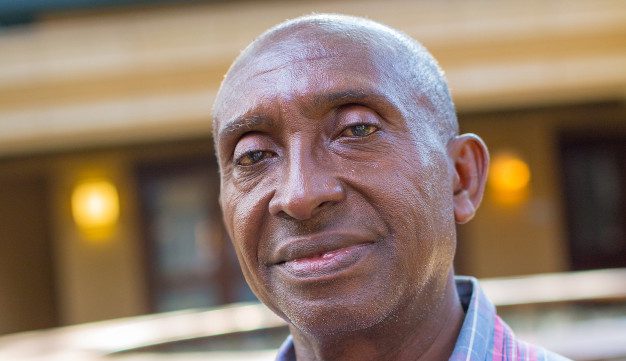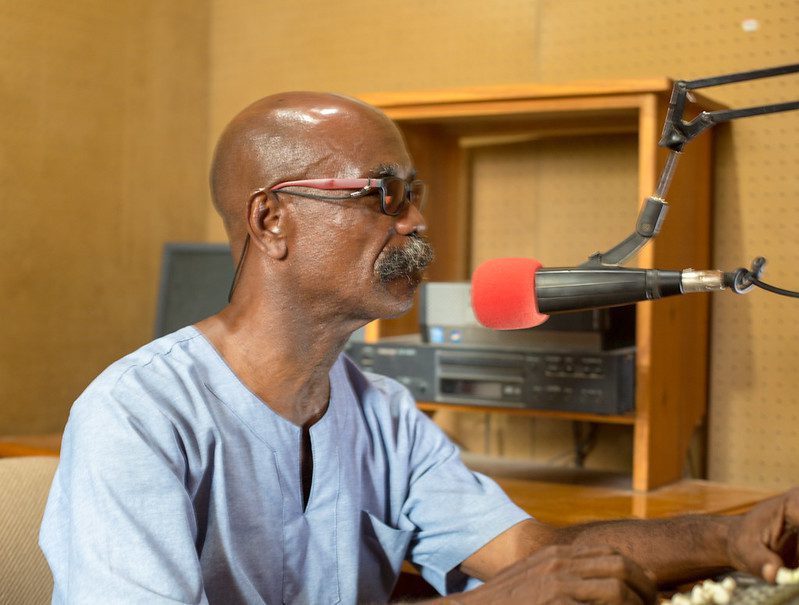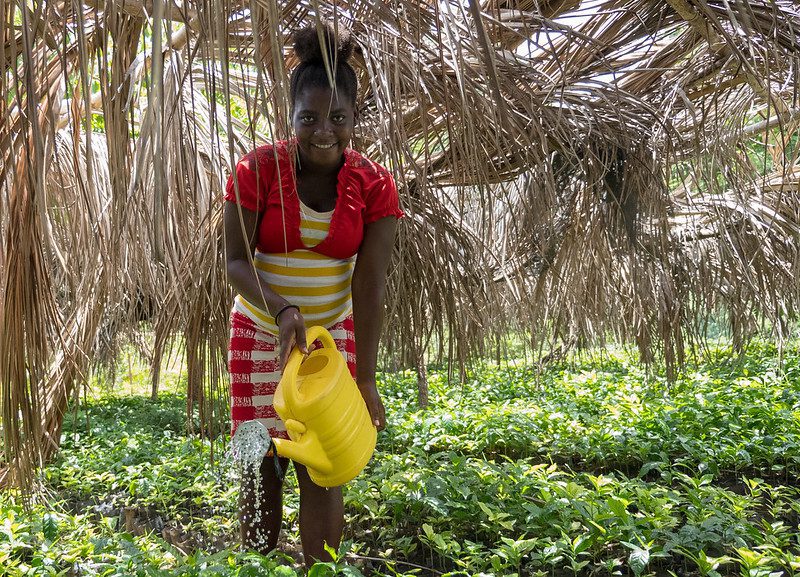

Emmanuel Noël, Development and Peace’s project oversight officer, offers an overview of our Haitian partners’ response to the coronavirus pandemic.
Departing on December 31, the year 2019 left behind “a little something” that is running its course on every continent and claiming of hundreds of lives worldwide, every day (754,948 cases, 36,571 deaths, as of March 31. Source: World Health Organisation).
Thousands of people of all ages around the world find themselves in quarantine, isolation or confined at home. Most of the world’s activities have ground to a halt or at least slowed down: businesses, recreational facilities, churches, schools and universities are closed; many people are no longer free to act as they please, not even to participate in the great religious processions of Lent; and great stress and morbid fear are invading the hearts and minds of men and women planetwide.
As of March 28, 2020, 15 cases had officially tested positive in Haiti. Life has not stopped and Development and Peace’s partners in the field continue some activities in their areas of intervention, with certain restrictions, of course. Most partners have set up public awareness activities on COVID-19. The recommendation of washing hands with soap and chlorinated water is being respected in all our partners’ offices. Upon the identification of the first two COVID-19 by national authorities on March 19, each partner took steps to reduce human contact. All training sessions planned for various projects were systematically cancelled.
The Papaye Peasant Movement (MPP) has even initiated an activity to produce a hand sanitizer-type product and established a special schedule to reduce the number of people visiting its office. Its radio station has adopted special programming to sensitize the people of the Central Plateau region to the pandemic.
The Technology and Animation Institute (ITECA) is organizing awareness-raising activities among small groups in all its regional offices. With its Risk Reduction for Sustainable Development (R2D2) team, ITECA was able to draw up a contingency plan to respond to the country’s coronavirus reality and has thus far managed to continue carrying out its field activities. For now, meetings and exchanges are being held on WhatsApp and Skype. Headquarter staff only come to the office at the express request of the management. However, field officers are continuing to supervise program participants while avoiding large gatherings. Since the first two cases were identified, Radio Tiboukan has prepared special programming focussed on the pandemic. Local authorities and health professionals are invited to speak about the coronavirus and awareness-raising spots are broadcast regularly. The communication team has produced informative flyers and the management has provided employees with a special kit to help them protect themselves against the coronavirus.


Les Cayes native, Willard Vancol, 64, is the communications manager and head of Ti-Boucan FM,
a community radio station located in the ITECA training centre in Gressier.
Officials of the Animation and Social Communication Society (SAKS) and the Haitian Women’s Community Radio Network (REFRAKA) are maintaining phone contact with the members of their community radio station networks.
The PROCLIMA project has continued distributing seedlings for agroforestry gardens and cuttings to vegetable gardens. Agricultural field activities have continued because they did not require the presence of too many people at one spot. The work is generally carried out by small groups of planters whose workspaces are far apart from one another.


Prucien Michella, 24, is a member of PROCLIMA’s steering committee, which is made up mostly of women.
Activities have not ceased at the bakery run by Young Creative Actors for a Haiti in Action (JACHA), but special arrangements have been made to receive customers and suppliers safely.
So far, agents of the Institute for Research and Technical Support in Environmental Planning (IRATAM) are still going into the field regularly to assist the planters, but all training sessions on farming techniques have been suspended.
Officials in the Tèt Kolé association’s central office are not going into the field but are still maintaining telephone contact with members in different work zones.
To learn more about Development and Peace’s work in Haiti, read our latest report Haiti, 10 years after the earthquake.

